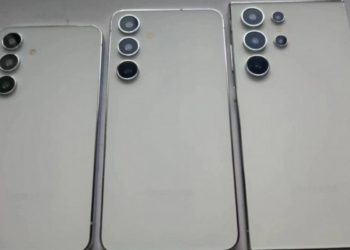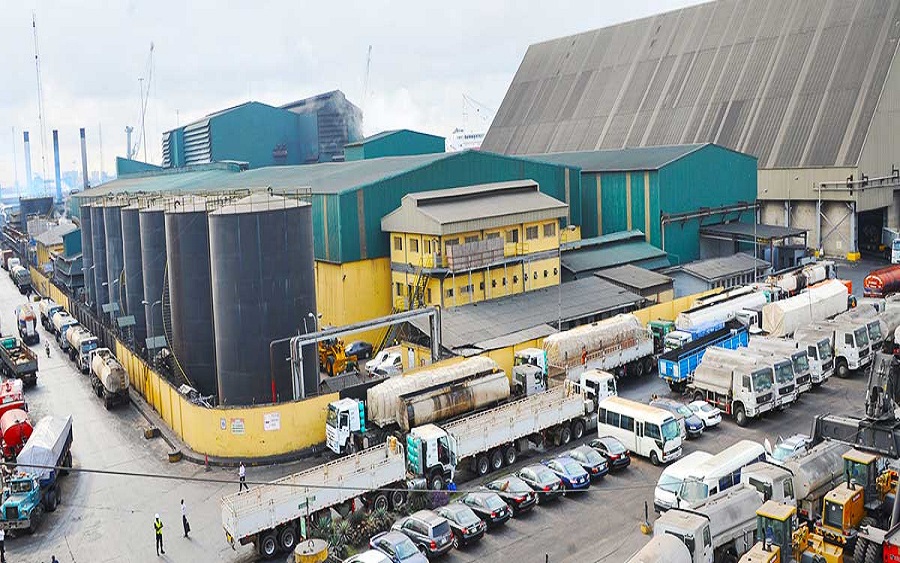In a bid to stay afloat in the competitive smartphone market, OPPO has disclosed that it would invest over $7 billion in research and development, for the production of new smartphones and accessories.
The company, which disclosed this at the OPPO INNO DAY 2019 event, said that the research and development would take up to three years.
Founder and Chief Executive Officer, OPPO, Tony Chen, explained that the $7 billion investment would help to develop core technologies in hardware, software and system in addition to 5G/6G, AI, AR, big data and other frontier technologies in the next three years.
[READ MORE: Africa50 invests in Azura-Edo IPP, to boost power supply)
Chen’s words: “As the adoption of 5G and AI ramp up, intelligent connectivity is increasingly within reach. We believe the concept of connection is just the foundation, whereas the integration and convergence of things will be the future.
“The concept of intelligent connectivity comprises four key parts, including the convergence of technology and service, the convergence of organisation, the convergence of culture and the convergence of technology, arts and humanities.
“OPPO has been more than just a phone maker from the outset. In fact, smartphones have simply been a gateway for us to deliver a diverse portfolio of technological services. For us and even the entire industry, there won’t be any company solely focusing on smartphones.”
Meanwhile, OPPO showcased a lot of devices at the event ranging from smartphones to headphones and smartwatches.
[READ MORE: Africa50 invests in Azura-Edo IPP, to boost power supply)
What you should know: With the introduction of the 5G technology, many operators are trying to get their hands on the technology so as to pass it on to the masses as quickly as possible. OPPO does not want to be left out. Currently, it is yet to launch a 5G phone or gadget unlike its counterparts in the industry such as Samsung, Huawei and LG amongst others.
Although OPPO has the OPPO Reno in the works, it isn’t available for sale yet. Therefore with this investment in research and development, OPPO would be able to position itself substantially as it would get in line with the latest technologies such as 5G/6G, AI, AR, big data and other frontier technologies.






















